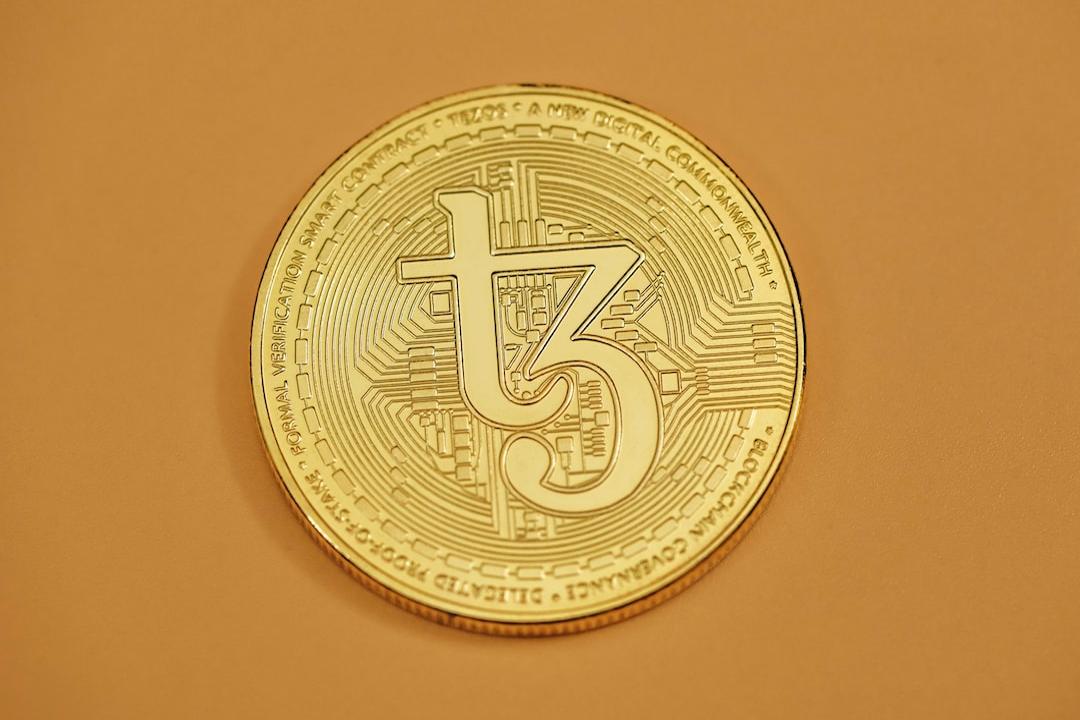The founder of Green United, who has been accused of participating in an $18 million crypto mining fraud scheme, is seeking to appeal his case by contending that the Securities and Exchange Commission (SEC) should be compelled to drop the lawsuit as its assertion that he sold securities is incorrect.
Kristoffer Krohn argued in a Utah federal court on October 24 that the Tenth Circuit Appeals Court should determine if purchasers of the company’s equipment were considered part of a “common enterprise,” which the SEC used as the basis for claiming that the company sold investment contracts under securities laws.
In his request for an interlocutory appeal, Krohn stated, “It would be more efficient and serve the interests of justice to have this legal issue presented to the Tenth Circuit and resolved now rather than requiring Krohn to bear the costs of litigation and trial first.”
Last month, Utah district court judge Ann Marie McIff Allen rejected Krohn, Green United, and its founder Wright Thurston’s motion to dismiss the SEC’s lawsuit, stating that the SEC had sufficiently alleged that the company’s “Green Boxes” were sold as unregistered securities.
The SEC has filed lawsuits against several crypto firms in the US, accusing them of selling unregistered securities under the Howey test, which is a legal assessment used to determine if a transaction qualifies as a security.
In March 2023, the regulator sued Green United, Thurston, and Krohn, claiming that they had misled “Green Box” buyers by promising to mine the GREEN token on the “Green Blockchain,” which did not actually exist, and instead used the funds to mine Bitcoin (BTC), which investors did not receive.
Krohn argued in his appeal bid, “The SEC did not, and cannot, allege that Green Box purchasers had any right or stake in the profits of Green United’s business operations.”
He also noted that the Tenth Circuit has not yet established a definitive legal definition of an investment contract in the context of cryptocurrency.
Krohn contended, “While the order concluded that the SEC adequately alleged the existence of an investment contract under the facts pled in the amended complaint, reasonable judges might differ given the nascent stage of the technology involved in the instant case.”
If successful, Krohn would have the opportunity to present his case before a three-judge appeals panel, a process that could take several months before a final decision is reached.
Krohn and Thurston previously argued in dismissal motions last May that the SEC did not have jurisdiction over cryptocurrency, asserting that Congress had “considered and rejected” the SEC’s authority in this area.


